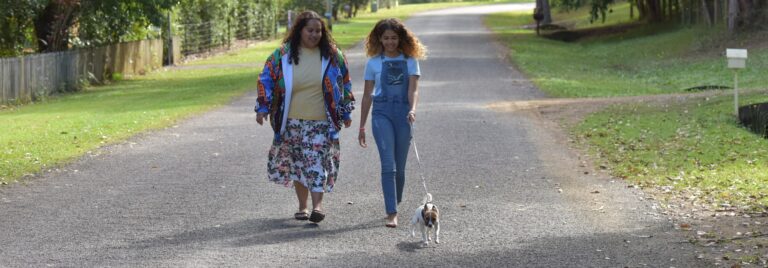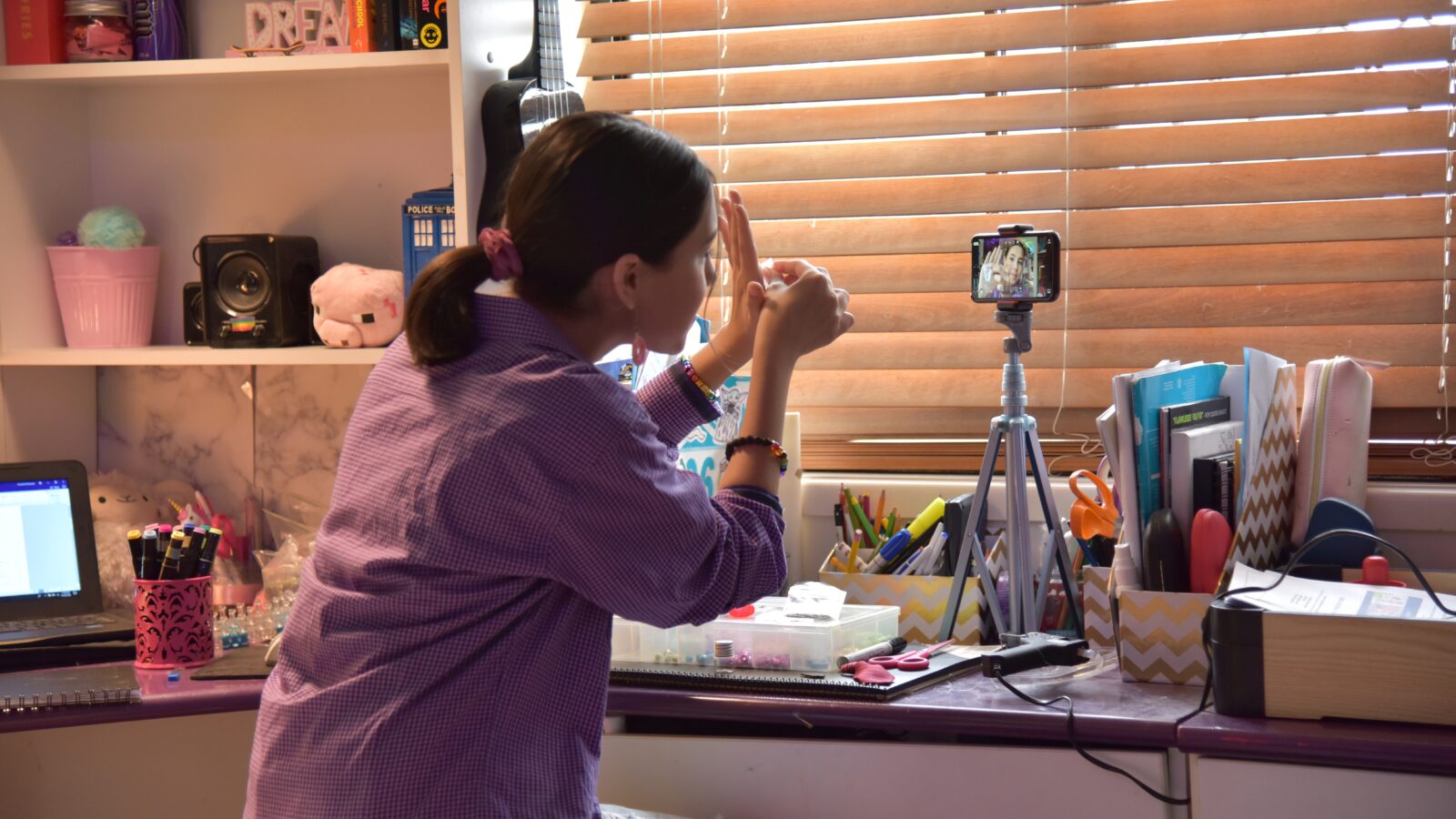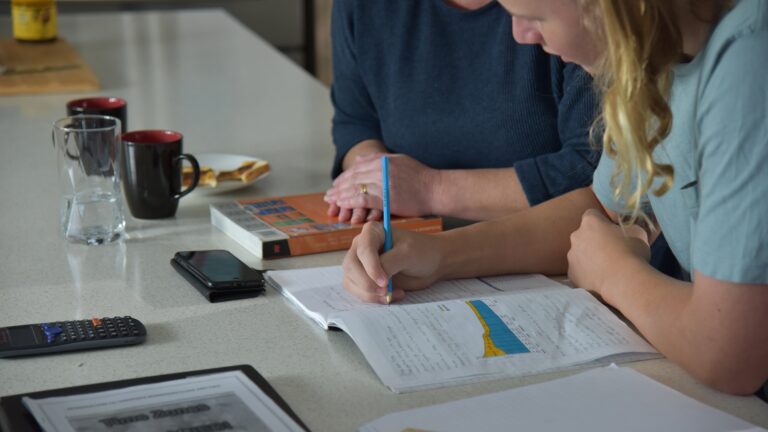Starting high school can be an exciting adventure and the start of a wonderful new stage in your child’s life. Going to high school gives young people the knowledge and skills they need to find a job or take on further training or study after finishing school. The people they meet at school can also help them develop social ties and support networks that will stay with them throughout their lives. By being positive about the change and helping them with the practical stuff, you are equipping them to get the best possible start to their life at high school. Here’s seven practical pieces of advice for starting high school.
1. Get to know their high school
Most schools hold orientation and transition programs for new students in the final term of primary school. These programs are a great way for you and your child to get to know their new school. See if you can get a map of the school and look over it with your child. Find the landmarks they will need to know about including the school office, assembly hall, classrooms, toilets and eating area. Let them know that it’s okay if they get lost and practise conversations they can use at school to seek help if they need it.
2. Practise getting to and from school
If your child will be taking public transport to school, talk them through how their bus or train route works and find copies of timetables for them to carry with them or download onto their device. Practise travelling to and from school together so they can become familiar with the route and landmarks along the way. If you plan to drive them to and from school, show them where the pick-up and drop-off zones are. And prepare them for unexpected events such as missing their bus or train and what they should do if this happens.
3. Organise the stuff they need
Your child’s secondary school will let you know what books, stationery and equipment your child will need when they start high school so you can purchase it in advance. Organise your child’s school bag and school uniform and encourage them to wear their new school shoes around the house so they can ‘wear them in’ before school starts and remember to label all their belongings.
4. Understand the school routine
In secondary school, children have to get to classes in different classrooms with different teachers at different times. Your child’s school will give them a timetable so they know where they have to be and when. Talk through your child’s timetable with them and make copies for them to keep at home and at school. Also find out what time school starts and finishes and when scheduled breaks occur so your child knows what to expect.
5. Create a quiet study space
Your child will need somewhere quiet and comfortable and away from distractions where they can study. They are likely to have more homework in high school than they did in primary school and will have to manage a heavier and more complicated study load, so having a quiet space to study will help them adjust to their new study and homework responsibilities.
6. Connect with the school
Schools communicate with parents in a range of ways and one of the most used is social media. To stay in touch, consider joining your school and the Department of Education on social media so you can keep up to date. You might also find some useful parent forums to help you connect with other parents at the school.
7. Discuss safety issues
Talk to your child about what you want them to do in different situations so they can remain safe. Talk through with them what they should do if they miss their bus or train or get lost on their way to school and who will pick them up if you are not able to collect them from school. Discuss crossing major roads and how to respond if a stranger approaches them.
Last Updated: 22 June 2022






